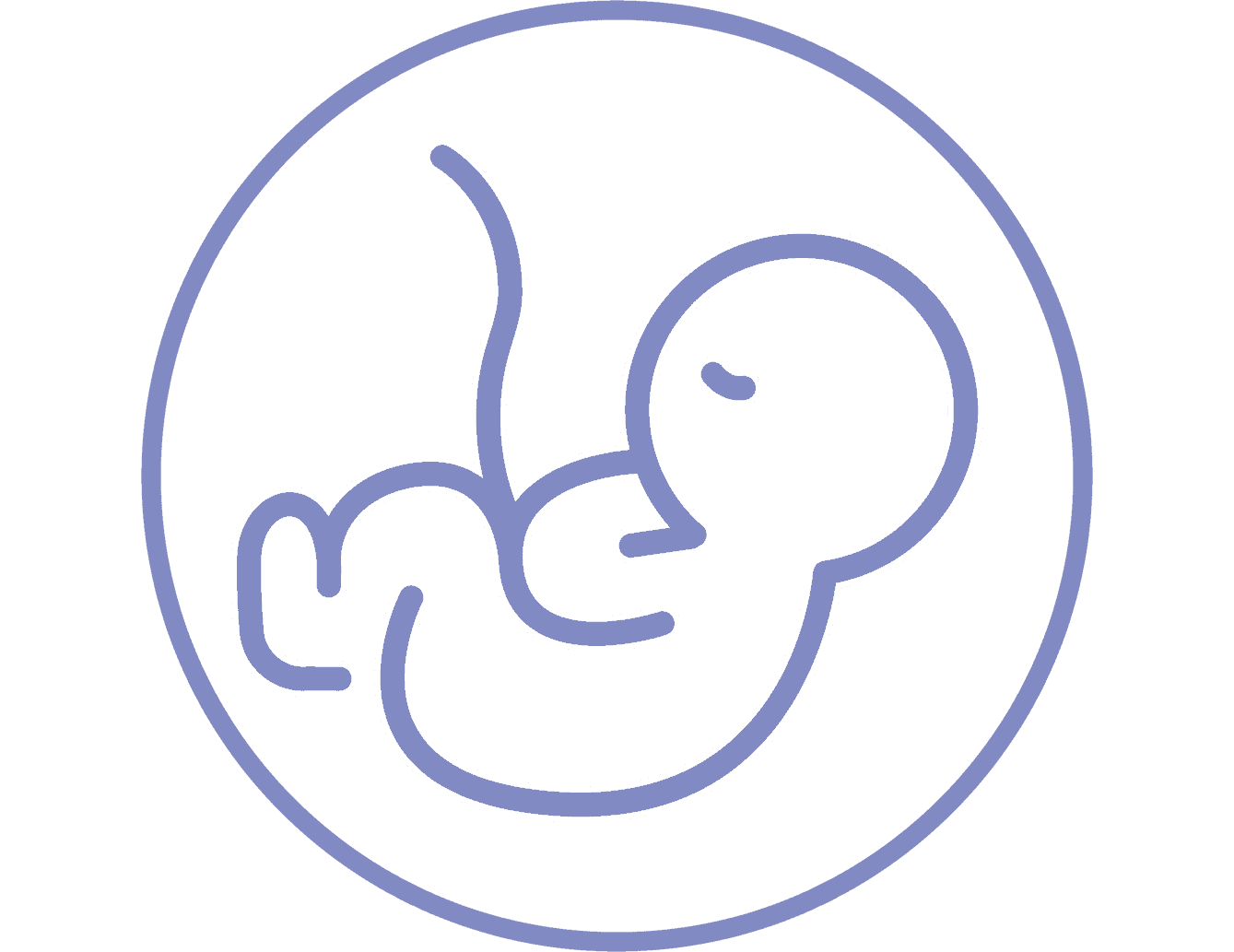Morning sickness is very common during early pregnancy and usually resolves itself by 15 weeks’ gestation. Unlike the name, it frequently occurs at all times of the day and may be worse on an empty stomach. Small, frequent meals will help prevent this, so be a grazer during pregnancy. Acupressure wristbands may help with nausea. Over the counter medicines that might help include Unisom® (1/2 of 25mg tablets at bedtime), Vitamin B6 (25mgs, three times a day), Benadryl® (25mg every 4–6 hours), Emetrol® (1–2tbsp upon wakening and every 3 hours as needed), and Ginger Ale (capsules are a less caloric option, take 250mg three times a day). Prescription medications may be required for persistent nausea and vomiting. Please call us if you are unable to keep down any fluid for 24 hours.
Constipation Relief
There is no agreement as to what constitutes normal bowel habits. The range for “normal” bowel evacuation is as often as two times a day to once a week. Many people believe that if they don’t have a bowel movement every day, they are constipated. This is not correct as long as your personal pattern is consistent. Symptoms that are not normal include straining with the stool, incomplete evacuation or stools that are too small or too hard. There are many causes for bowel problems: lack of adequate water intake, lack of adequate fiber intake, and lack of adequate exercise.
Due to your body’s hormonal changes during pregnancy, the time it takes for a bowel movement to pass will be longer. The use of iron supplements during pregnancy also promotes constipation. To treat constipation, increase fluid intake, and increase your fiber intake to reach 25–35gm daily. You may use a fiber supplement such as psyllium, Metamucil,® Benefiber® or FiberCon® pills. A stool softener like Colace® (docusate) can also help. Miralax® is a stimulant-based laxative that is also safe to use when pregnant.






